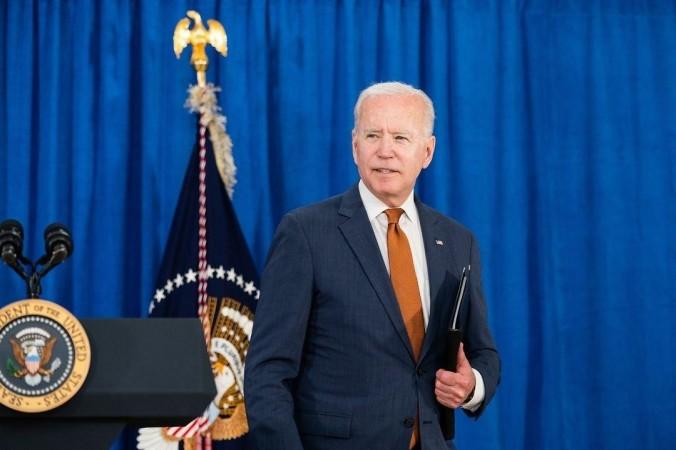US president Joe Biden announced in March that his administration will release 1 million barrels of oil per day for the next six months from its strategic reserve in an effort to tame the elevated gas prices. The historic oil reserve release is seen as a risky gamble on Biden's part, one that's seen to gain political advantage ahead of 2024 elections.
According to U.S. Department of Energy (DOE) data, U.S. emergency crude oil stocks fell 8.4 million barrels last week to 434.1 million barrels, their lowest since 1984. In the week ended September 9, the release from the Strategic Petroleum Reserve (SPR) comprised of about 6.3 million barrels of sweet crude and around 2 million barrels of sour crude.

SPR was established in response to the 1973 OPEC oil embargo. The idea was "to reduce the impact of severe energy supply interruptions" such as that caused by the embargo. Since then, the US reserve has been filling up and its highest peak reached in 2010 at 726.6 million barrels. Never has the reserve been lower than 450 million barrels since December 1984, except now.
A political move or pure gamble?
The decision to tap the country's reserve was seen as a move to keep inflation in check. But experts suggest it's also a political one. For one, high gas prices could significantly reduce the chances of victory in the elections for the incumbent administration. By using the SPR, the gas prices are kept low at the cost of depleted SPR, which went from 640 million barrels to 450 million barrels, Forbes reported.

Politically, this decision by Biden will benefit him in the elections. But it's not without risk. The move could completely backfire if there comes a time when the need for that emergency oil reserve is the only option left. But that's a problem for another day as the Biden administration has already taken the risk.








